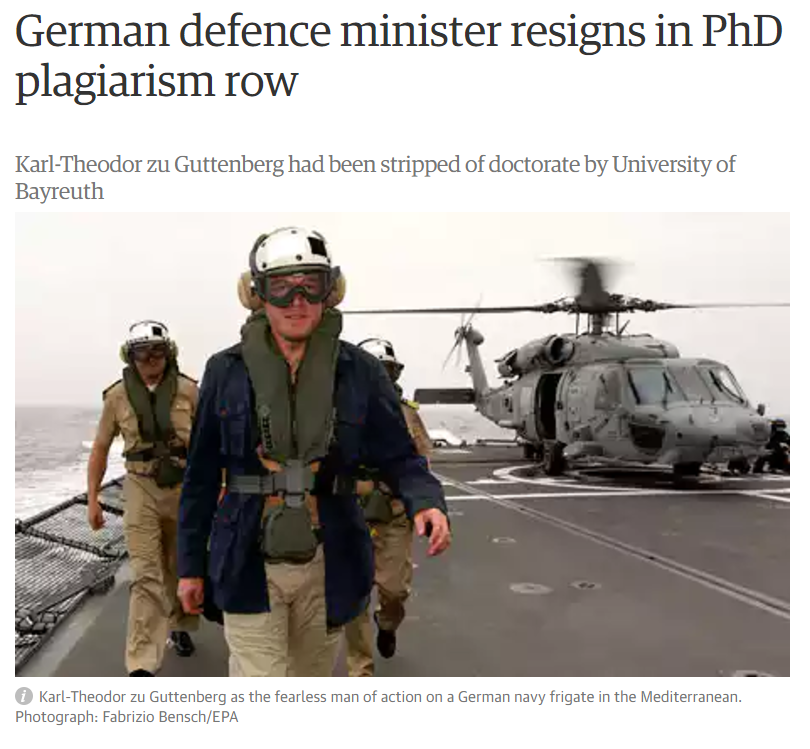Why should I cite my sources?
It is important to acknowledge the work and ideas of others referred to in your assignment or that have influenced your thoughts. You should always cite sources when you refer to someone else's words or ideas, whether found in books, articles, speeches, interviews, movies or websites.
Citing your sources:
- Helps you avoid plagiarism by acknowledging sources.
- Provides enough details for the reader to track down the original source.
- Adds credibility to your statements, opinions and ideas.
- Demonstrates the breadth and depth of the research you have done.
Plagiarism
If you use someone else's work without citing it properly, you are committing plagiarism. This is the most common academic offence at Concordia University. Under the Academic Code of Conduct, plagiarism is defined as "the presentation of the work of another person, in whatever, form, as one's own or without proper acknowledgement" (Article 19a).
To learn more, visit Concordia's Academic Integrity website.
 Find out more!
Find out more!
 Take note!
Take note!
The Academic Code of Conduct makes no distinction between intentional and unintentional plagiarism.
Whether someone plagiarizes by knowingly using someone else's work without giving credit, or accidentally because of poor note-taking, bad planning, or improper paraphrasing or citation, it is academic misconduct at Concordia.
 Example: Real-life consequences of plagiarism
Example: Real-life consequences of plagiarism

Helen Pidd, "German defence minister resigns in PhD plagiarism row," The Guardian, March 1, 2011 https://www.theguardian.com/world/2011/mar/01/german-defence-minister-resigns-plagiarism
German Defence Minister Karl-Theodorzu Guttenberg had to resign from his post and his PhD from the University of Bayreuth was revoked after he was found to have plagiarized a significant portion of his thesis.
…when he finished his thesis in 2006, he was juggling his duties as an MP and raising two daughters… He told jeering lawmakers last week that he 'did not deliberately cheat, but made serious errors.'